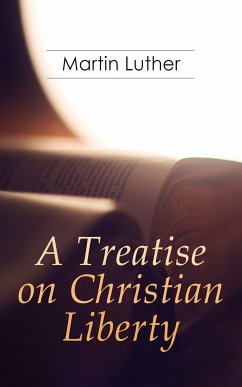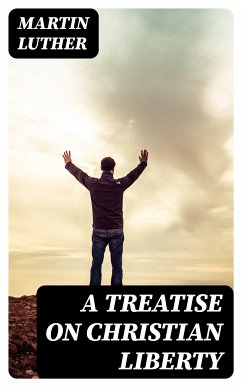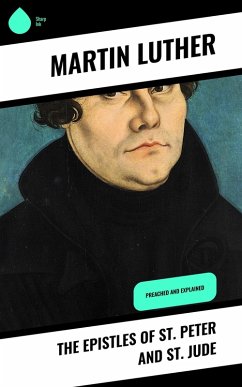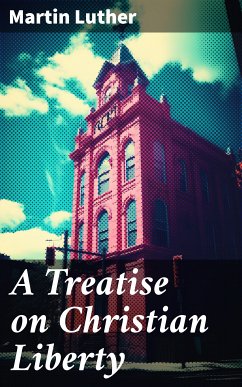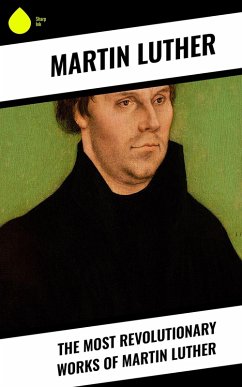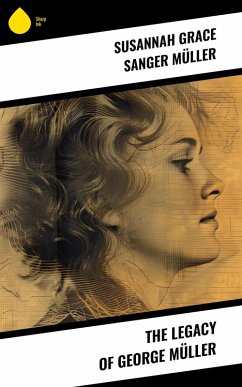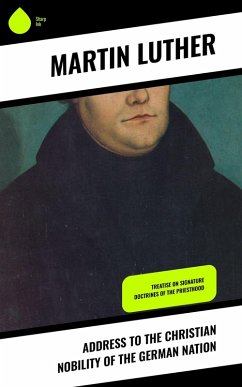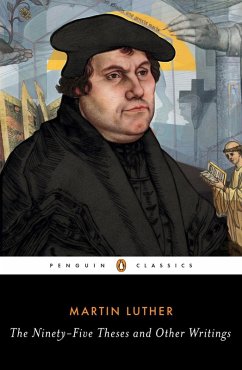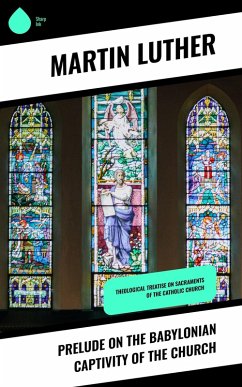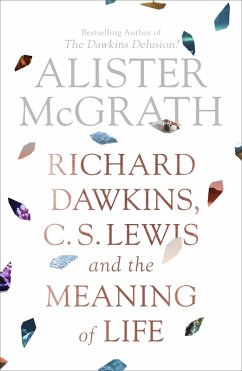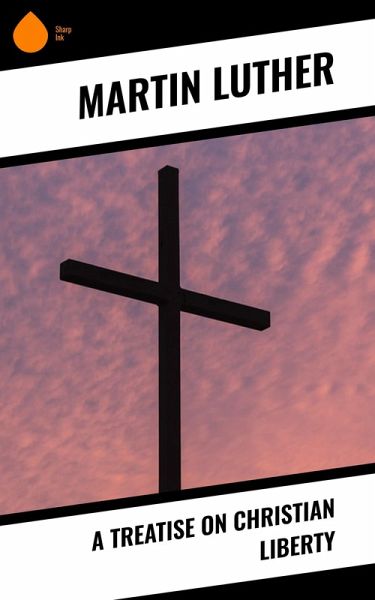
A Treatise on Christian Liberty (eBook, ePUB)
Versandkostenfrei!
Sofort per Download lieferbar
2,13 €
inkl. MwSt.
Weitere Ausgaben:

PAYBACK Punkte
0 °P sammeln!
In "A Treatise on Christian Liberty," Martin Luther presents a profound exploration of the concept of freedom from a Christian perspective. Written in 1520, amidst the tumult of the Reformation, the treatise is characterized by its accessible prose and persuasive rhetoric, making complex theological ideas digestible for a wider audience. Luther distinguishes between civil and spiritual liberty, asserting that true freedom comes from faith in Christ, which liberates the soul from sin and the constraints of the law. This work is pivotal in understanding the intersection of theology and individua...
In "A Treatise on Christian Liberty," Martin Luther presents a profound exploration of the concept of freedom from a Christian perspective. Written in 1520, amidst the tumult of the Reformation, the treatise is characterized by its accessible prose and persuasive rhetoric, making complex theological ideas digestible for a wider audience. Luther distinguishes between civil and spiritual liberty, asserting that true freedom comes from faith in Christ, which liberates the soul from sin and the constraints of the law. This work is pivotal in understanding the intersection of theology and individual autonomy, reflecting the spiritual upheaval prevalent in early 16th-century Europe. Martin Luther, a seminal figure in the Protestant Reformation, was deeply influenced by his own struggles with the Church's authority and his quest for personal salvation. His experiences as a monk and his pivotal role in challenging ecclesiastical norms were crucial in shaping the treatise's themes. Luther's commitment to returning to the scriptures and advocating for a personal relationship with God fundamentally shifted the religious landscape of his time and provided a framework for individual empowerment that resonates today. This treatise is highly recommended for readers interested in the roots of Protestant thought and its implications on spiritual autonomy. Luther's compelling arguments invite reflection on the nature of faith, freedom, and personal responsibility, making this work an essential read for anyone seeking to understand the foundations of modern Christian ideology.
Dieser Download kann aus rechtlichen Gründen nur mit Rechnungsadresse in A, B, BG, CY, CZ, D, DK, EW, E, FIN, F, GR, HR, H, IRL, I, LT, L, LR, M, NL, PL, P, R, S, SLO, SK ausgeliefert werden.





